| Selo | White Crow Productions Ltd |
|---|---|
| Edição | 0 |
| Idioma | Inglês |
| Autores | Leo Nikolayevich Tolstoy |
| Acabamento | Capa Dura |
| Quantidade de Páginas | 548 |
| Origem | Literatura Estrangeira |
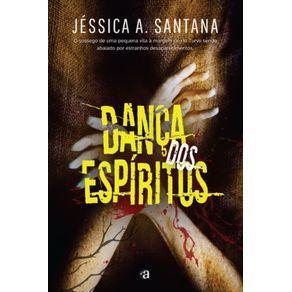 Dança Dos Espíritos
Dança Dos Espíritos
Arte Impressa Editora
R$ 69,90 à vista Ômega Syur II
Ômega Syur II
Editora Viseu
R$ 153,90 ou até 3x sem juros O despertar das trevas
O despertar das trevas
Editora Viseu
R$ 118,17 ou até 2x sem juros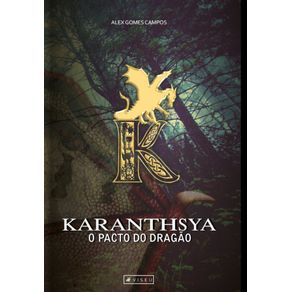 Karanthsya: O Pacto do Dragão
Karanthsya: O Pacto do Dragão
Editora Viseu
R$ 98,31 à vista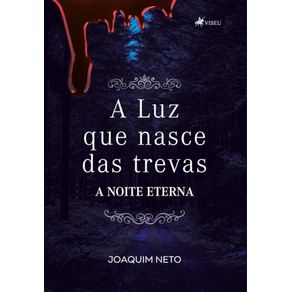 A luz que nasce das trevas: A noite eterna
A luz que nasce das trevas: A noite eterna
Editora Viseu
R$ 96,00 à vista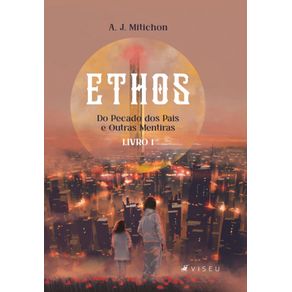 Ethos: Do pecado dos pais e outras mentiras (Livro 1)
Ethos: Do pecado dos pais e outras mentiras (Livro 1)
Editora Viseu
R$ 89,99 à vista Vilmord
Vilmord
Editora Viseu
R$ 74,90 à vista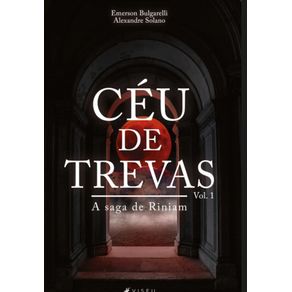 Céu de trevas; A saga de Riniam (Livro 1)
Céu de trevas; A saga de Riniam (Livro 1)
Editora Viseu
R$ 74,90 à vista Almakia 1: A vilashi e os dragões
Almakia 1: A vilashi e os dragões
Lumus Editora
R$ 85,90 à vista Rosa Imortal 1: Um Novo Florescer
Rosa Imortal 1: Um Novo Florescer
Lumus Editora
R$ 81,90 à vista Reino de Sangue
Reino de Sangue
Lumus Editora
R$ 66,90 à vista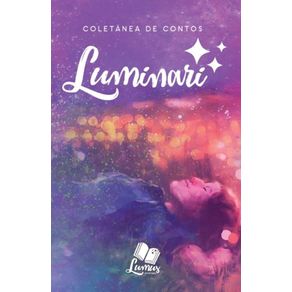 Luminari: Coletânea de contos
Luminari: Coletânea de contos
Lumus Editora
R$ 54,90 à vista Devoy 4: Quimere
Devoy 4: Quimere
Lumus Editora
R$ 50,90 à vista Devoy 1: Kassan
Devoy 1: Kassan
Lumus Editora
R$ 56,90 à vista O Licantropo
O Licantropo
Editora Viseu
R$ 29,90 à vista Dança Dos Espíritos
Dança Dos Espíritos
Arte Impressa Editora
R$ 69,90 à vista Ômega Syur II
Ômega Syur II
Editora Viseu
R$ 153,90 ou até 3x sem juros Ethos: Do pecado dos pais e outras mentiras (Livro 1)
Ethos: Do pecado dos pais e outras mentiras (Livro 1)
Editora Viseu
R$ 89,99 à vista Céu de trevas; A saga de Riniam (Livro 1)
Céu de trevas; A saga de Riniam (Livro 1)
Editora Viseu
R$ 74,90 à vista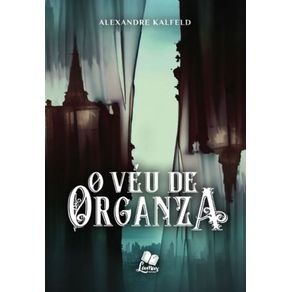 Véu de Organza. O
Véu de Organza. O
Lumus Editora
R$ 79,90 à vista Almakia 1: A vilashi e os dragões
Almakia 1: A vilashi e os dragões
Lumus Editora
R$ 85,90 à vista Rosa Imortal 2,5: Magia Inata
Rosa Imortal 2,5: Magia Inata
Lumus Editora
R$ 54,90 à vista Reino de Sangue
Reino de Sangue
Lumus Editora
R$ 66,90 à vista Princesa com Olhos de Gato, A
Princesa com Olhos de Gato, A
Lumus Editora
R$ 68,90 à vista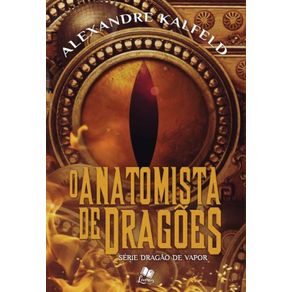 Anatomista de Dragões, O
Anatomista de Dragões, O
Lumus Editora
R$ 77,90 à vista Luminari: Coletânea de contos
Luminari: Coletânea de contos
Lumus Editora
R$ 54,90 à vista Devoy 3: Curare
Devoy 3: Curare
Lumus Editora
R$ 52,90 à vista Almakia 4: Domínio de Almaki
Almakia 4: Domínio de Almaki
Lumus Editora
R$ 78,90 à vista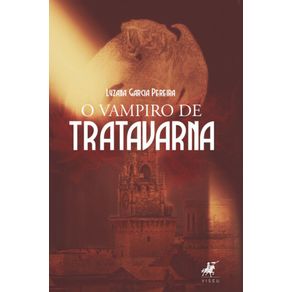 O vampiro de tratavarna
O vampiro de tratavarna
Editora Viseu
R$ 82,14 à vista Orbis Astral
Orbis Astral
Editora Viseu
R$ 68,74 à vista Deus na escuridão
Deus na escuridão
Biblioteca Azul
R$ 69,90 à vista Ômega Syur II
Ômega Syur II
Editora Viseu
R$ 153,90 ou até 3x sem juros Sobre Auras e Almas: Réptil
Sobre Auras e Almas: Réptil
Editora Viseu
R$ 120,95 ou até 2x sem juros Karanthsya: O Pacto do Dragão
Karanthsya: O Pacto do Dragão
Editora Viseu
R$ 98,31 à vista Cidade fantasma
Cidade fantasma
Editora Viseu
R$ 85,83 à vista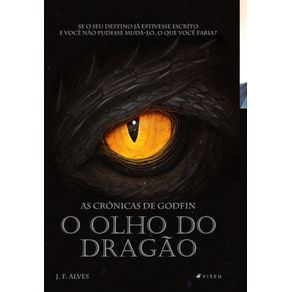 As crônicas de Godfin
As crônicas de Godfin
Editora Viseu
R$ 79,90 à vista Céu de trevas; A saga de Riniam (Livro 1)
Céu de trevas; A saga de Riniam (Livro 1)
Editora Viseu
R$ 74,90 à vista Rosa Imortal 2,5: Magia Inata
Rosa Imortal 2,5: Magia Inata
Lumus Editora
R$ 54,90 à vista Princesa com Olhos de Gato, A
Princesa com Olhos de Gato, A
Lumus Editora
R$ 68,90 à vista Luminari: Coletânea de contos
Luminari: Coletânea de contos
Lumus Editora
R$ 54,90 à vista Almakia 4: Domínio de Almaki
Almakia 4: Domínio de Almaki
Lumus Editora
R$ 78,90 à vista O vampiro de tratavarna
O vampiro de tratavarna
Editora Viseu
R$ 82,14 à vista O Licantropo
O Licantropo
Editora Viseu
R$ 29,90 à vista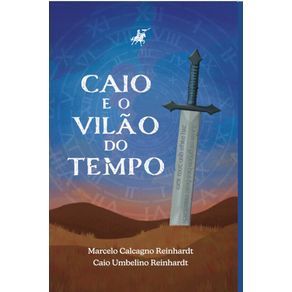 Caio e o Vilão do Tempo
Caio e o Vilão do Tempo
Editora Viseu
R$ 54,90 à vista Orbis Astral
Orbis Astral
Editora Viseu
R$ 68,74 à vista